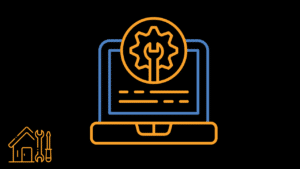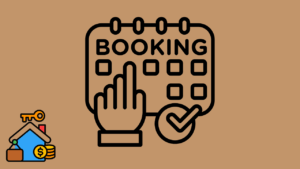Understanding Home Care Services
Home care services play a vital role in supporting individuals who wish to age in place or manage chronic conditions from the comfort of their own homes. These services range from assistance with daily activities—like bathing, meal preparation, and medication reminders—to more advanced medical care provided by trained professionals. The goal is to create a safe, supportive environment prioritizing health, dignity, and overall well-being. In this article, you’ll learn how to strike a balance between independence and support by understanding today’s home care options.
As needs vary from person to person, understanding the types of care available helps families make informed decisions. Whether part-time help or round-the-clock support, the proper service plan can enhance independence while offering peace of mind. For those exploring available care models or assessing what suits a loved one best, it’s essential to read more about evolving options and how they adapt to changing needs. Researching and consulting with professionals can ensure the right balance of autonomy and care. Ultimately, the best choice supports both physical needs and emotional comfort.
Personalized Care Plans
The effectiveness of home care hinges on developing individualized care plans that respect each senior’s unique needs and preferences. These plans are not one-size-fits-all; they are collaboratively created by families, care coordinators, and health professionals. Support may range from help with appointments and medication management to daily companionship and mobility assistance. By aligning services with the client’s goals and routines, seniors gain a sense of ownership in their care journey, enhancing physical and emotional well-being.
Types of Home Care Services
Today’s home care landscape offers a spectrum of options to address medical, physical, and social needs:
- Personal Care: This includes hands-on assistance with bathing, dressing, grooming, and mobility. This type of care ensures daily hygiene and prevents health complications that can arise from neglect.
- Companionship: Social visits, conversations, and shared activities bolster emotional well-being and help reduce isolation, a significant risk factor for depression among older adults.
- Home Health Care: Includes services delivered by licensed nurses or therapists, such as medication administration, wound care, or physical therapy. These skilled services are often prescribed by a physician and regulated by healthcare standards.
- Homemaker Services: Includes critical household tasks such as cleaning, laundry, grocery shopping, and meal preparation. A clean and organized environment contributes to safety and comfort.
- Respite Care: Offers temporary relief to family caregivers. This support is essential to prevent burnout and ensure the sustainability of long-term caregiving.
Benefits of Home Care Options
Home care is recognized not just for its convenience, but for the substantial benefits it delivers to seniors and their families:
- Comfort of Familiar Environment: Being at home brings a sense of security, belonging, and emotional stability, which is especially important for those with dementia or chronic conditions.
- Flexible Scheduling: Services can range from a few hours weekly to 24/7 care. This flexibility allows caregivers and recipients to adjust plans as needs change without disrupting routines.
- Cost-Effectiveness: Home care can be a more economical option than residential care facilities. By focusing on only the most needed services, families can save on set fees by choosing a la carte options. In-home care is typically more affordable than nursing home care.
- One-on-One Attention: Direct and personalized interaction allows caregivers to respond quickly to needs and develop meaningful relationships, which enhances trust and comfort for seniors.
- Promotion of Independence: Assistance is provided in a way that encourages seniors to participate in daily choices, helping them stay engaged and empowered using the best Home Care Options.
Integrating Technology and Social Engagement
Technological advances play a pivotal role in modern home care models. Devices like smart home monitors, automated medication dispensers, and remote health monitoring systems contribute significantly to safety and independence for seniors living at home.
Video calling platforms and social media foster ongoing connections with loved ones, which helps alleviate social isolation and loneliness. Technology also assists caregivers in monitoring health metrics, scheduling appointments, and communicating quickly with medical teams.








